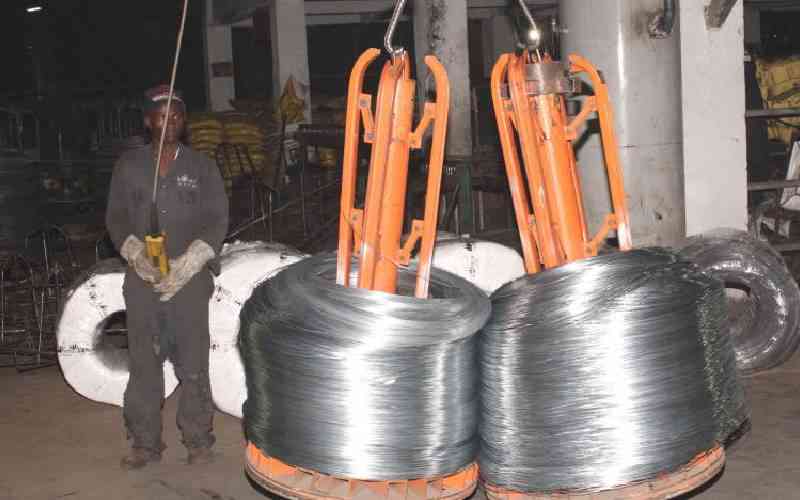×
The Standard e-Paper
Kenya’s Boldest Voice

The government is putting manufacturers in a bind with its constantly shifting policies on tax incentives, as some firms find themselves at loggerheads with the taxman
When Blue Nile Rolling Mills Ltd applied for a Special Operating Framework Arrangement (Sofa) with the government in 2020, it was among companies that were taken up for the Vision 2030 initiative.